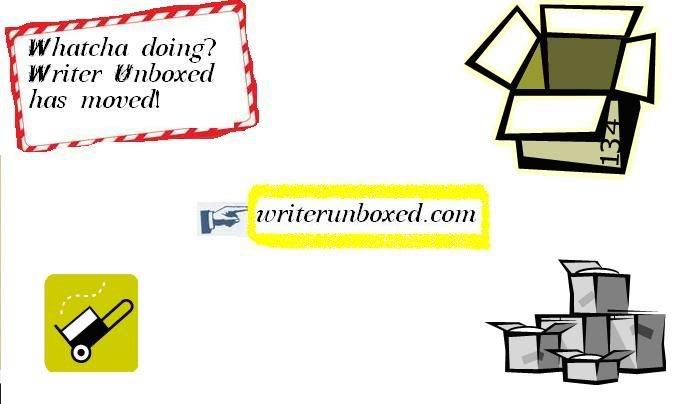High Concept
 Recently on one of the writer’s listserves, an author bewailed a rejection she’d received on the requested full of her manuscript. “Not high concept enough,” the editor told her.
Recently on one of the writer’s listserves, an author bewailed a rejection she’d received on the requested full of her manuscript. “Not high concept enough,” the editor told her.Sometimes I think that editors pull out the old saw of ‘no high concept’ because it’s an easy way to reject without going into all the gory details. Then sometimes I think acquiring editors need a ‘high concept’ conception of a project to make it easier for them to go before their superiors and sell it.
But for an author who has spent a year hashing out their story, to be told it isn’t high concept enough for the sale is a cruel blow.
What is ‘high concept’ anyway?
Basically, it’s a story that can be encapsulated in one or two sentences, or less, with a hook. Example: Snakes on a Plane. Coming this summer to a theater near you. You don’t need to be told what kind of plane, what kind of protagonist, plot mechanisms, etc. to get a grip on the story. You intuitively know it’s going to be a thriller, with high body counts and a lot at stake, because it’s everyone’s worst nightmare to be caught 70,000 feet in the air on a plane infested with venomous snakes.
Let’s do an exercise to see if your WIP can be sold as high concept.
Rob Tobin has helpfully written a book on high concept screenwriting that can be adapted to genre fiction. He calls the high concept pitch “the log line.”
"Log Lines are used not only to pitch a project to producers, execs or agents, but also to encapsulate the story in such a way so as to ensure that it is structurally sound,” he writes. “There’s an old saying in Hollywood: if you can’t describe your story in a sentence, there’s something wrong with the story."
Valid log lines include:
• Hero
• Opponent
• Hero’s Ally
• Character Flaw
• Life-changing Event
• Implied Journey or Inner Battle
Take "Casablanca" as an example: A jaded (flaw) WWII casino owner (hero) in Nazi-occupied Morocco sees his former lover (opponent) arrive (life-changing event), accompanied by her husband (ally) whose heroism forces the hero to choose between his cynicism, his feeling for his ex-lover, and his once-strong feelings of patriotism (battle).”
Or here’s an even simpler log line of last year’s biggest indie hit: gay cowboys. I don’t even have to tell you the movie’s poncy title. Gay cowboys pretty much sums up the tone, the conflict, the target audience.
Let’s do a book: Harry Potter.
Friendless (flaw) orphan (hero) learns he’s a wizard (life-changing event) and must save the world (journey) from a powerful wizard (opponent) who also murdered his parents (battle).
Easy, huh? I’m breaking out in a cold sweat too.
Is your current project high concept? Can it be described in a high concept pitch? Take a hard look at it and see if you can do it. Does it have to be high concept to make a sale? No. But it’ll help strengthen the odds.

 posted by Kathleen Bolton at
posted by Kathleen Bolton at 


2 Comments:
Hi! I just stumbled across your blog and I really love it. I was wondering if I could put a link to your blog on mine? Thanks!
"High concept" has become too intertwined with the sad fact that marketing drives many sales decisions.
When I tried aiming for "high concept" the pressure stifled my muse. For me, it's something that might happen, not something I can force. I'm better off just pursuing the best possible story and hoping when it's done that it can be marketed as "high concept".
Post a Comment
<< Home